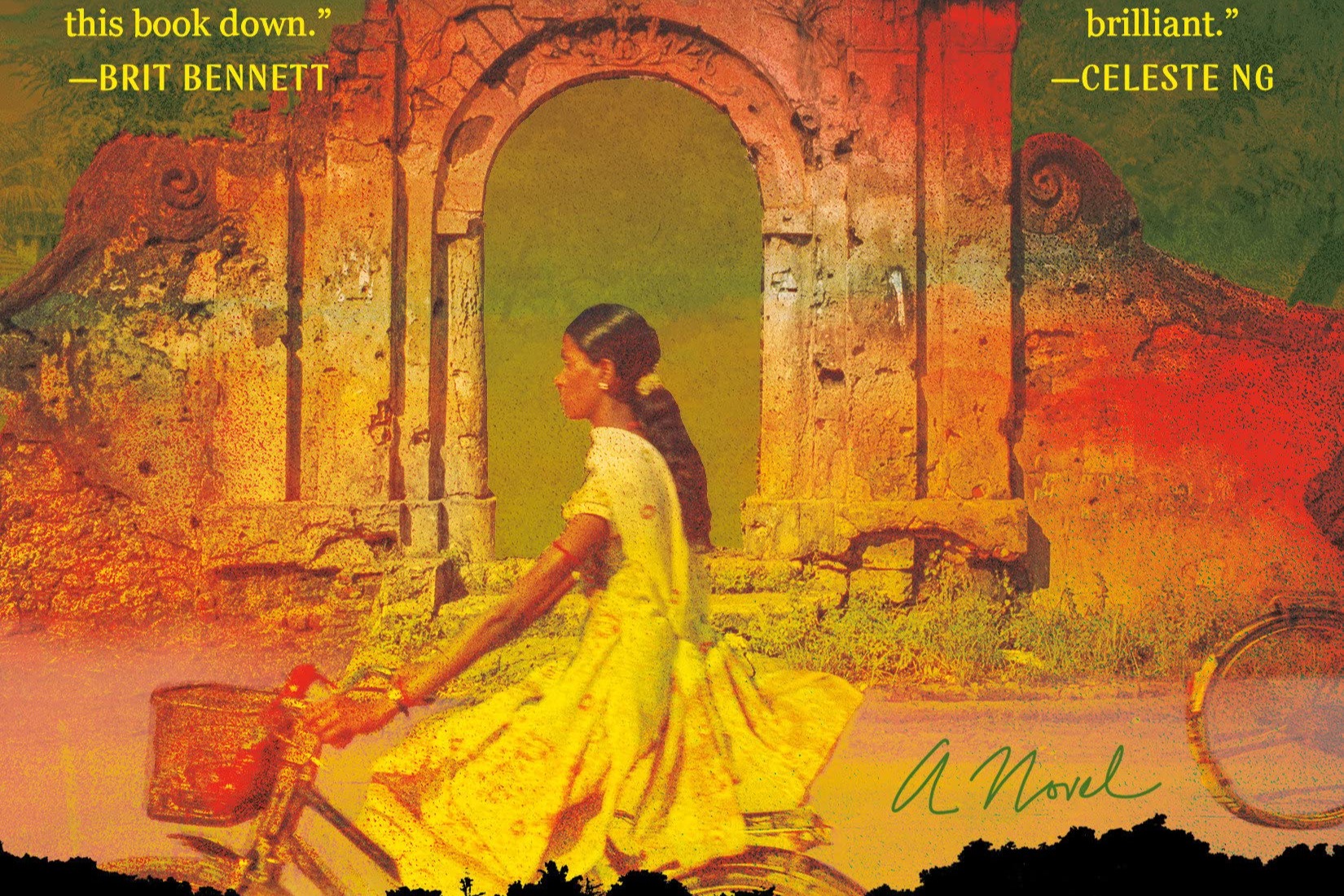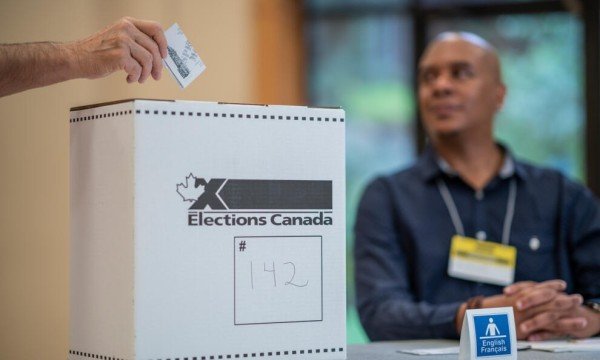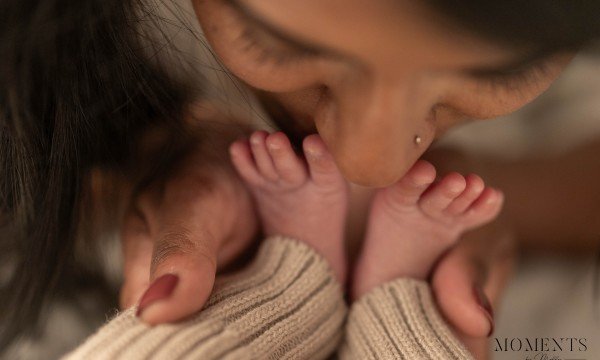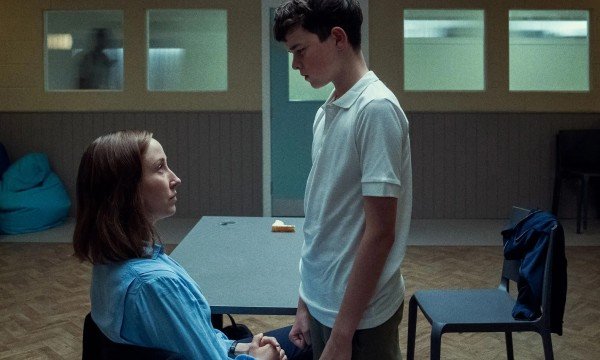
Date on your own terms! Join the other couples who have dated and married through myTamilDate.com!
It's not often that a book reflects what you've heard, seen, and experienced in your childhood. But when you do read such a book, it touches all the chords within you and becomes something special. V. V. Sugi Ganeshananthan's latest novel, 'Brotherless Night,' is one such book for me.
This is not a review, but rather my personal reaction to the book. It has been a week since I finished reading it, yet it lingers in my mind. While I enjoyed many aspects of the book, there were also some disappointments. I am not here to challenge or argue with anyone, but to share my honest thoughts. As someone who grew up in the same area during the same period, I deeply relate to the background and history portrayed in the book. and therefore feel compelled to write this response.
The story begins in 1981 in Jaffna with Sashi, the protagonist, a single girl with four brothers from a typical middle-class family whose ambition is to become a doctor. Sashi has a crush on K, who is older than her and a good friend of her brothers. He is a brilliant student and gets into Jaffna University Medical School, ranking first in the region. Soon, the war starts, and two of Sashi's brothers, along with K, abandon their studies and join the Tigers. The book mostly chronicles what really happened in Jaffna until 1989 through these fictional characters and then jumps to 2009, to the end of the war, and concludes.
What I admired most about the book was its remarkable protagonist, Sashi. She is a passionate, intelligent, and fair character who adheres to the social norms of her time while navigating a male-dominated world. She always finds her way to protect those she loves and do the right thing. Her heart is torn between her love for K, her two brothers, and her conviction to do what is right. The author skillfully presents a feminist perspective on the conflict through Sashi's character, embodying a woman's strength and fortitude in a world that often undervalues and undermines them. The book highlights how conflicts can profoundly impact women's lives, particularly their relationships and choices.
The relationship between Sashi and K is one of the most captivating and moving aspects of the book. The author masterfully navigates the complexities and challenges of forbidden love in a society where strict traditional and political norms dictate behaviour. Despite the dangers and consequences, Sashi and K's affection for each other persists and deepens, demonstrating the power and resilience of human connection. The author conveys their love story with great nuance and intimacy, revealing the unspoken feelings and deep understanding that they have for one another. The subtlety and restraint in the portrayal of their relationship adds to its emotional weight, leaving a lasting impact on the reader. Each interaction between the two is a delight to read, revealing their vulnerability, passion, and the complexity of their emotions.
I can go on like this, there are many great things that impressed me in the book, but that's not the reason for me to write this response. Let's get to the crux of the matter, things that I had some reservations about or could have been better in my opinion.
READ NEXT
- Shakthi / Theatre, Intergenerational Trauma and Australian Tamil Identity
- Identity Podcast: Anuk/ Language, Grief and Tamil Community
- Maral/ Art, Belonging & Armenian-Iraqi-Canadian Identity
K's character appeared to be underdeveloped and flat. As soon as I read the first description of K - a skinny dark boy with curly hair and glasses - I knew it was Thileepan, and I got excited. I've always been deeply interested in him and his personality, and one of my long-time ambitions is to make a film about his life. Thileepan managed to capture people's hearts with his own way, even during a time when the Tigers weren't that popular among all the people. However, in the book, K's character is mostly portrayed as a brilliant student who enters medical school and helps people here and there. I felt that the author could have spent more time developing K's character to reflect Thileepan's true personality and remarkable qualities. Instead, K's character felt superficial, one-dimensional, and fell flat.
One of my main disappointments with the book was that the author repeatedly alludes, through Sashi's character, that K was chosen for the fasting, giving the impression that he was forced into it. However, the reality is that Thileepan, who was a political wing leader known for leading by example, volunteered to undertake the fast. Looking back, it's evident that only two individuals could have had the greatest impact on the people at that time in the Tigers, namely Thileepan and Prabhakaran himself. Thileepan was well aware of this fact and volunteered to fast before anyone else asked him to do so. One more thing that disappointed me is that the author suggests that the Tiger leadership made the decision for K (Thileepan) to die towards the end without consulting him, which is not true. It is widely known that before starting the fast, Thileepan knew that if their demands were not met by India and the Sri Lankan government, his death was certain. He repeatedly reiterated this on stage many times. I thought the author could have provided more context and clarity around Thileepan’s fast and death, instead of reiterating some of the rumors of that time and creating confusion, which I felt was unfair to his legacy.
Finally, overall the book leaves a negative impression of the Tigers, almost as if the author intended it. I realize that I am making a bold accusation here but this is what I felt at the end. While it's understandable to be critical of the group, I question whether the author's sources were all one-sided and anti-Tigers. Although it's impressive that the author accurately depicted the events of the time, I wonder if her sources influenced her perspective. Even though the atrocities of all parties involved were clearly captured, I couldn't help but notice a strong bias against the Tigers overall. I understand that it's okay to have a biased opinion or take a stance, but in this case, I wonder if this stance may have diverted the focus of the book and hindered its potential to become a great work like Anna Burns' Milkman.
After finishing 'Brotherless Night', I was left with mixed emotions. Despite a few disappointments, I thoroughly enjoyed the book. As an Eelam Tamil who lived through the 1980s in Jaffna, reading this book was both nostalgic and emotionally challenging. I would highly recommend it to anyone who shares a similar background. Having read Ganeshananthan's first book, 'Love Marriage', I am definitely a fan of her work. The scene where K grabs Sashi's hand in the hallway of Jaffna University caught me off guard and brought tears to my eyes. It was a powerful moment that left a lasting impact on me, unlike any other scene in any book. I believe this is because the author and I share the same background and can connect on a deeper level.


























